A Political History of Japan During the Meiji Era —— 1867 1912
-----
At no time since the Russo-Japanese War has the interest in japan's foreign policy been so widespread as at present, and seldom, if ever, has it been more difficult to comprehend Far Eastern affairs. In 1904 and 1905 the sympathy of the whole Anglo-Saxon world was given unreservedly to the Japanese in their struggle with Russia, mainly because it was popularly, though erroneously, believed that they were engaged in a quixotic enterprise, the aim of which was to defend the integrity of China and preserve the independence of Korea against the aggressive designs of the Colossus of Northern Europe. But during the past decade that judgment has been reversed, and the combat is now regarded as having been a war of expansion upon the part of Japan no less than that of Russia. Korea and the three Eastern provinces had been the prey of Russia, but as a result of the war they became the quarry of Japan. In what other light are subsequent events - the annexation of Korea and the consolidation of Japan's interests in Manchuria - to be interpreted?Ever since September 1914 Japan's action as a member of the Entente Allies group has been shrouded in mystery. The military expedition against Kiaochau obviously was undertaken by the Japanese in order to rid themselves and their allies of the menace of a German naval base in the Pacific. But why was the successful issue of that exploit followed almost immediately by an attempt to settle their differences with China?
{{comment.content}}
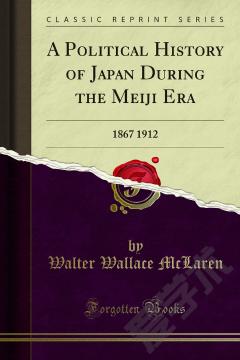
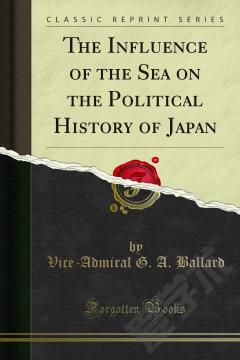


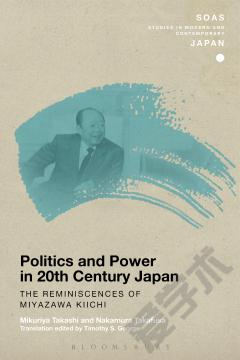
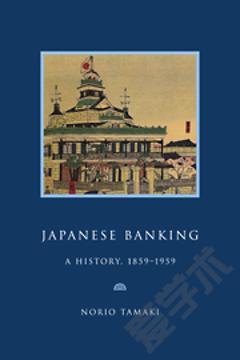
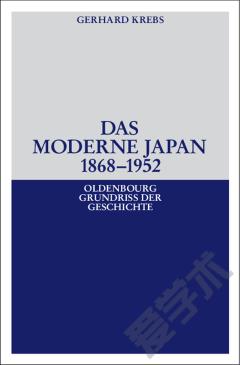

 京公网安备 11010802027623号
京公网安备 11010802027623号